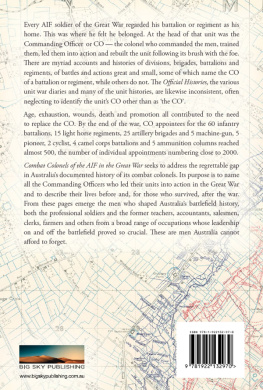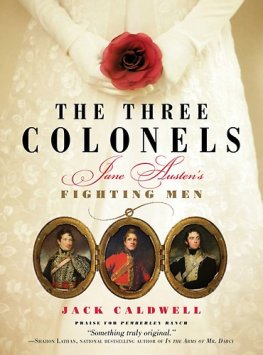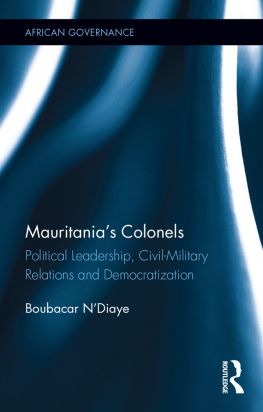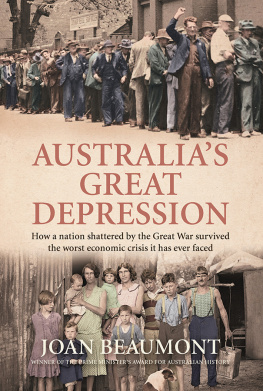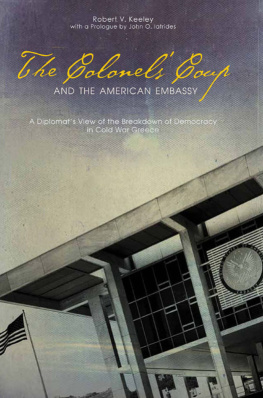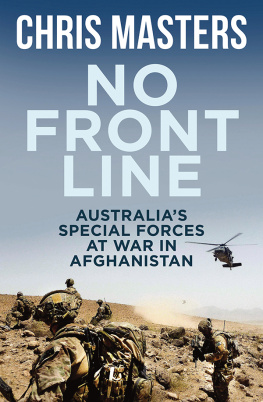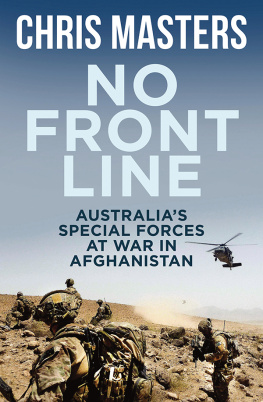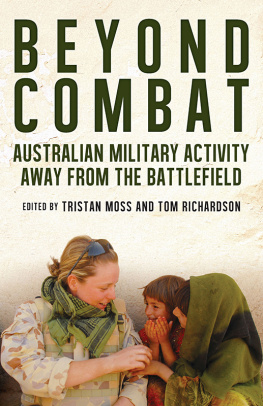COMBAT
COLONELS
of the AIF in the Great War

David Clare Holloway
Copyright David Clare Holloway
First published 2014
Copyright remains the property of the Commonwealth and apart from any fair dealing for the purposes of private study, research, criticism or review, as permitted under the Copyright Act, no part may be reproduced by any process without written permission.
All inquiries should be made to the publishers.
Big Sky Publishing Pty Ltd
PO Box 303, Newport, NSW 2106, Australia
Phone: 1300 364 611
Fax: (61 2) 9918 2396
Email:
Web: www.bigskypublishing.com.au
Cover design and typesetting: Think Productions
Printed in China by Asia Pacific Offset Ltd.
See National Library of Australia for Cataloguing-in-Publication entry
ISBN: 978-1-922132-97-0
COMBAT
COLONELS
of the AIF in the Great War

David Clare Holloway
THE AUSTRALIAN ARMY HISTORY COLLECTION

Winning with Intelligence
Judy Thomas
Duntroon
Darren Moore
The Warrior Poets
Robert Morrison
The History of the Royal Australian Corps of Transport 19732000
Albert Palazzo
Defenders of Australia
Albert Palazzo
The Fight Leaders
D. Butler, A. Argent and J. Shelton
Operation Orders
Pat Beale
Little by Little
Michael Tyquin
Red Coats to Cams
Ian Kuring
Bowler of Gallipoli
Frank Glen
Vets at War
Ian M. Parsonson
Only One River to Cross
A.M. Harris
The Fragile Forts
Peter Oppenheim
Hassett: Australian Leader
John Essex-Clark
Persian Expedition
Alan Stewart
The Chiefs of the Australian Army
James Wood
Never Late
Gordon Dickens
To Villers-Bretonneux
Peter Edgar
Madness and the Military
Michael Tyquin
The Battle of Anzac Ridge
25 April 1915
Peter D. Williams
Doves Over the Pacific
Reuben R.E. Bowd
The Lionheart
David Coombes
Battlefield Korea
Maurie Pears
Chemical Warfare in Australia
Geoff Plunkett
A Most Unusual Regiment
M.J. Ryan
Between Victor and Vanquished
Arthur Page
Country Victorias Own
Neil Leckie
Surgeon and General
Ian Howie-Willis
Willingly into the Fray
Catherine McCullagh
Beyond Adversity
William Park
Crumps and Camouflets
Damien Finlayson
More than Bombs and Bandages
Kirsty Harris
The Last Knight
Robert Lowry
Forgotten Men
Michael Tyquin
Battle Scarred
Craig Deayton
Crossing the Wire
David Coombes
Do Unto Others
Alan H Smith
Fallen Sentinel
Peter Beale
Sir William Glasgow
Peter Edger
Training The Bodes
Terry Smith
Bully Beef and Balderdash
Graham Wilson
Fire Support Bases Vietnam
Bruce Picken
Toowoomba to Torokina
Bob Doneley
A Medical Emergency
Ian Howie-Willis
Dust, Donkeys and Delusions
Graham Wilson
The Backroom Boys
Graeme Sligo
Captains of the Soul
Michael Gladwin
DEDICATION
Commanding Officers of the combatant Infantry Battalions, Light Horse Regiments and Artillery Brigades of the first AIF with Machine Gun, Pioneer and Cyclist Battalions, Camel Corps Battalions, Divisional Ammunition Columns, and the Australian Flying Corps included.
* * *
IN MEMORY
David Holloway died on 15/10/2014 aged 87 years, having had a series of debilitating strokes.
He was pleased to know his book was to be published, a project he had worked on intensely for about 6 years to achieve this final outcome. Despite the strokes over his last 12 months, he got to chose the cover and had seen the completed arrangement. David had a very keen interest in the Great War all of his life and had immense respect for those men who served.
TABLE OF CONTENTS
The force known as the AIF the Australian Imperial Force was formed when the Commonwealth governments offer to the British government in August 1914 of 20,000 men to serve in the event of war with Germany was accepted. Notification of the acceptance meant that recruiting began on 10 August, and such was the response that the 20,000 were enlisted by the end of a week. The name chosen for the expeditionary force on its official formation on 15 August was the Australian Imperial Force, the AIF. It was never the First AIF. That term came 25 years later, in 1939, when a Second AIF was raised. That initial 20,000 rose by the end of the war to 418,000 every one a volunteer of whom some 325,000 served overseas.
This work focuses on the lieutenant colonels (or the majors who were appointed to assume temporary command) in that force, specifically of the infantry battalions and their associated machine-gun, pioneer, and cyclist battalions, the light horse regiments and the camel battalions, and the artillery brigades and divisional ammunition columns, within the context of the units they commanded, and of the various campaigns in which they served in the Great War. The HQ staff, and commanders of the signals, engineer, transport, remount, medical and supply units are not part of this work (although any number of them were killed or wounded in action).
The title of the work may suggest a list of around 130 names the number of original appointees, if one adds the commanding officers (COs) of 60 infantry battalions, five each of machine-gun and pioneer battalions, two cyclist battalions, 15 light horse regiments, four Camel Corps battalions, some 25 artillery brigades and five ammunition columns. But with promotions to brigade and divisional level, deaths, evacuations through wounding, illness, age, exhaustion, rest leave, and administrative removal, all requiring replacements some permanent, some temporary and brief the 130 becomes a considerably greater number. Included in appointments made as simple replacements are the transfers among infantry and light horse commands, among infantry and machine-gun or pioneer commands, and among infantry and artillery commands, and so on. The consequence of so many replacements means the number of appointments in the course of the war becomes several hundred. The many short-term temporary appointments of majors as COs, for however brief a period, were as important as the permanent replacements, providing as they did for the uninterrupted leadership of the unit and the continuing prosecution of the action. As many of these as can be easily identified in records have been included.
Some analysis of the appointments has been attempted and appears in the appendixes to this volume. Previous military service was among the factors considered in selection for appointment, but one factor that became important from the very beginning of combat service was the age of officers. Middle age in command in peacetime militia exercises was one thing, but combat service in war theatres was quite another, and it was quickly evident that courage and devotion to duty alone were not sufficient to sustain the service of very many of the elderly commanders. And although the most careful preparations had been made by the Medical Corps, sickness once contracted in Egypt and at Gallipoli recurred so as to be disruptive to a units command and to an officers fitness for command, not to mention to his health for the rest of his life.
Next page
